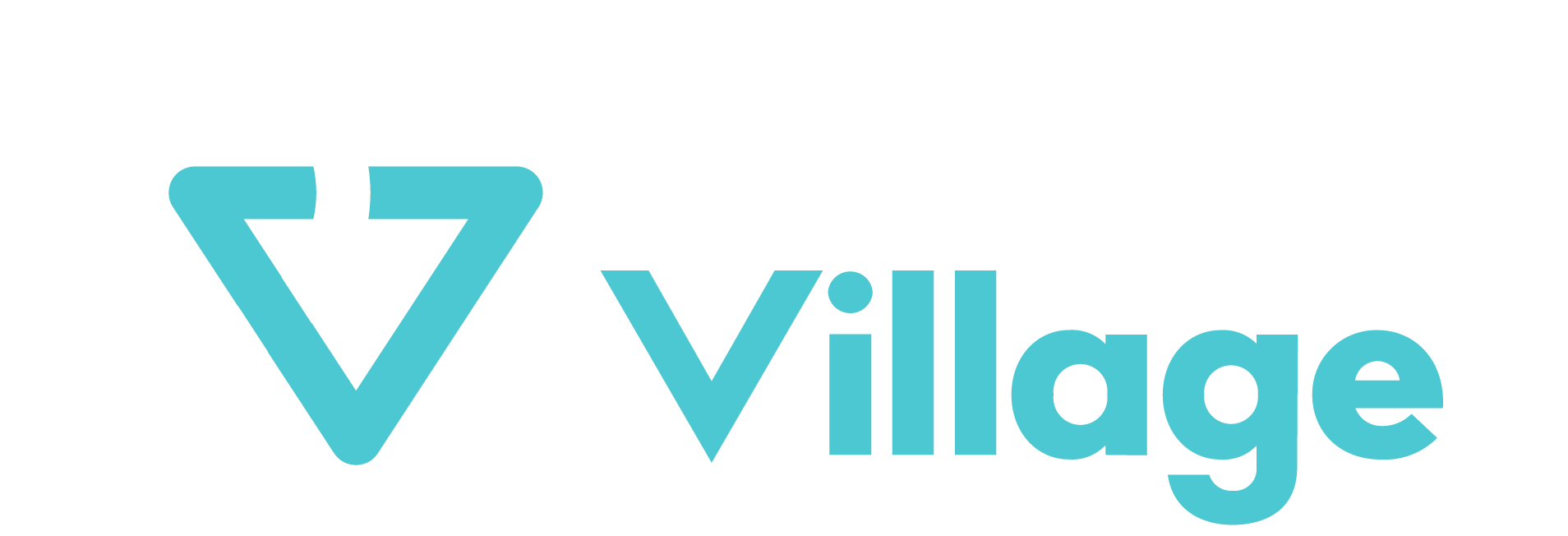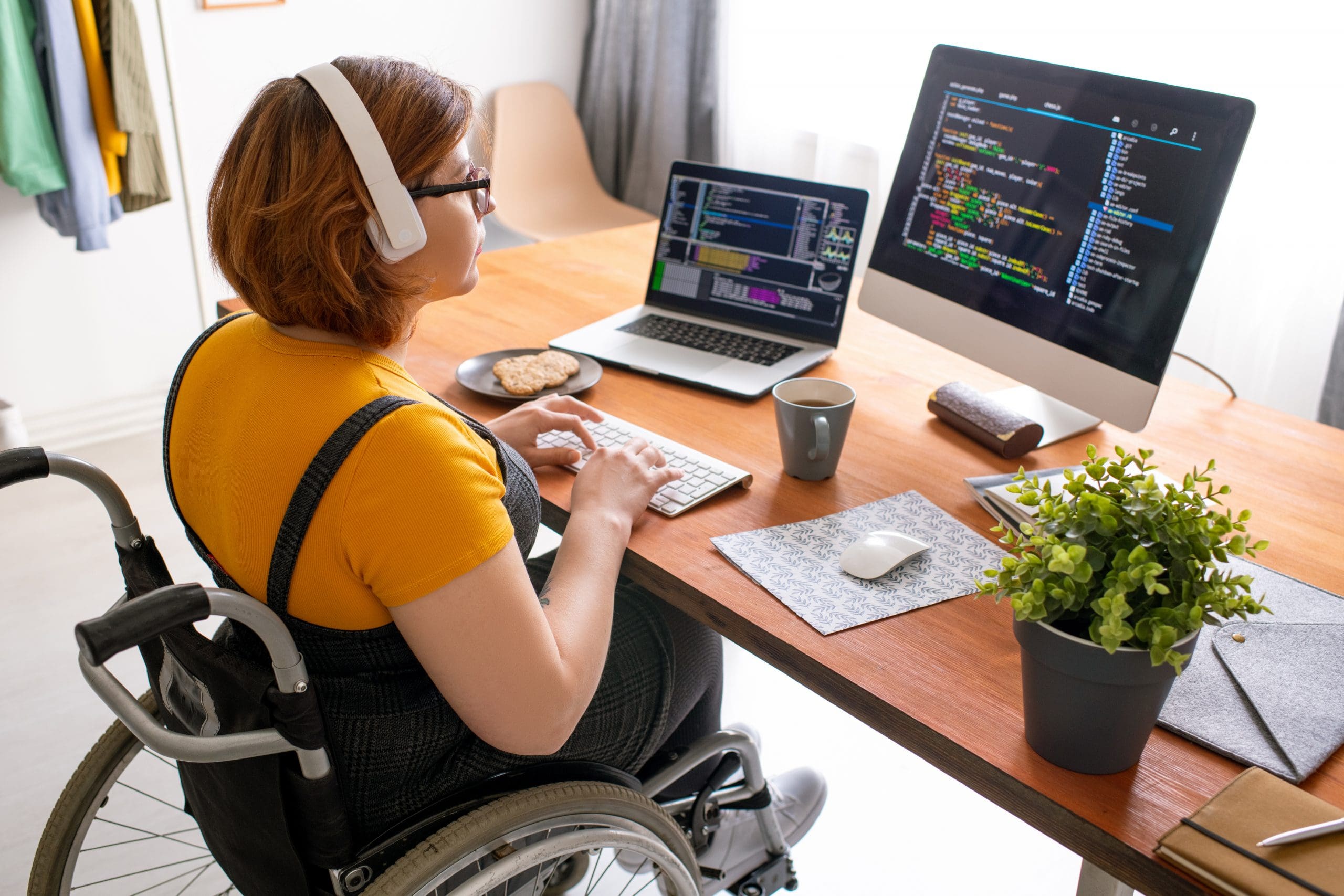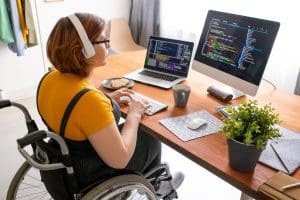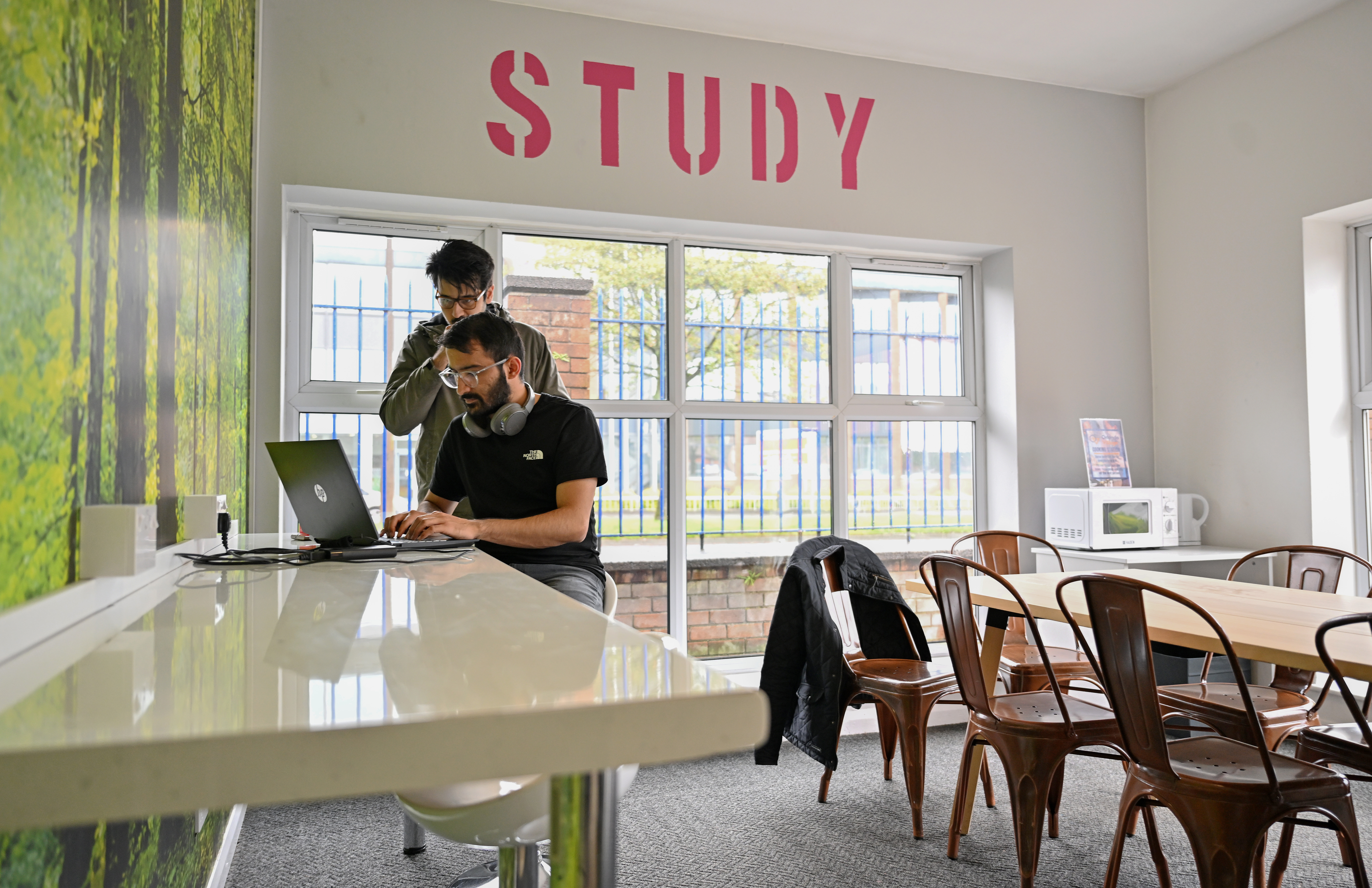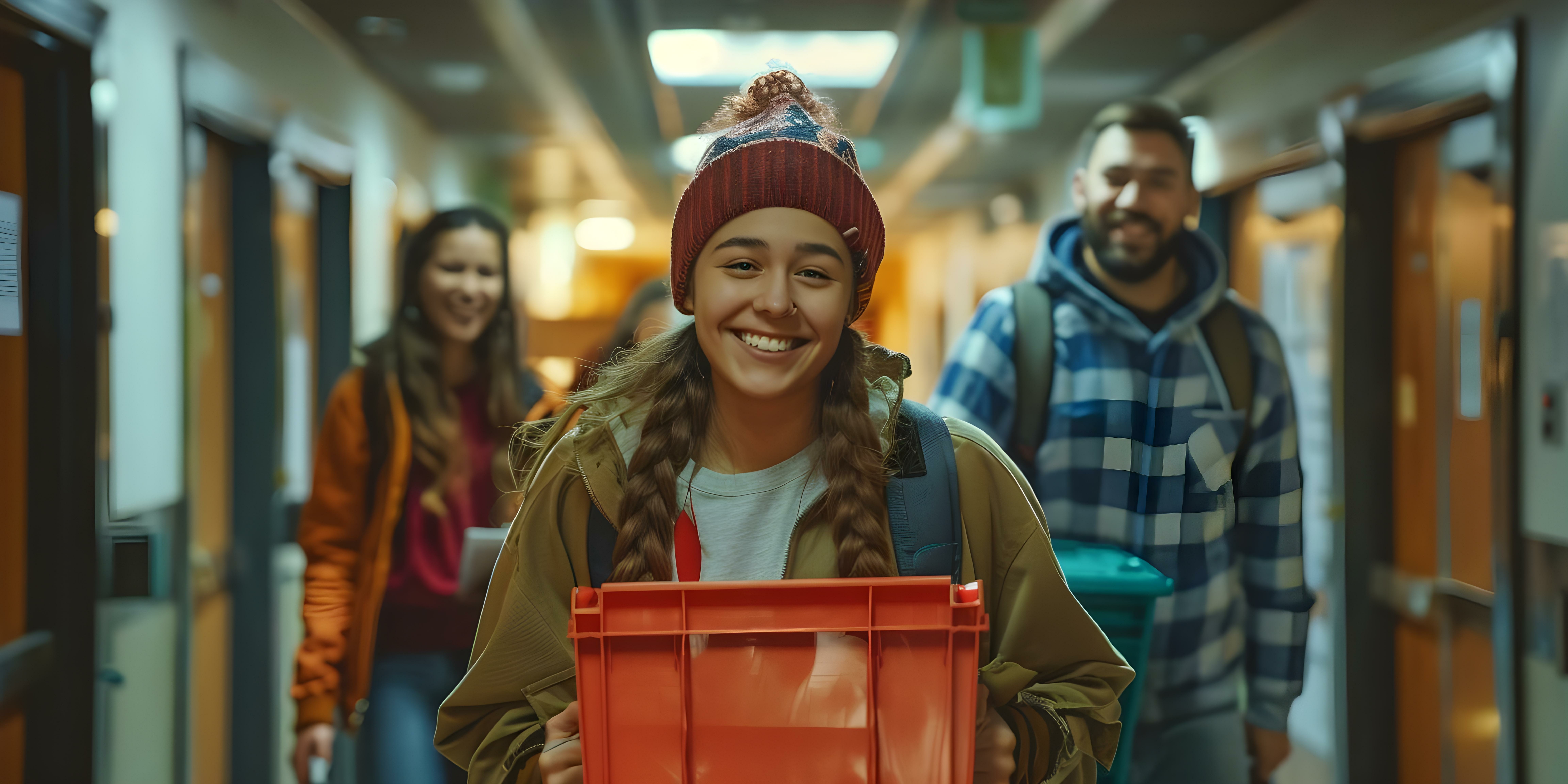How young people with disabilities can thrive at university
University can be an exciting and challenging experience for any student. However, for those with disabilities, navigating university life can present unique obstacles that require additional support and accommodations. With the right strategies and resources, students with disabilities can not only overcome these challenges but thrive in their academic pursuits. Whether you are a student with a physical, learning, or mental health disability, this guide will provide you with the tools to make the most of your university experience and achieve your academic goals.
1. First things first: know your rights
Every student has the right to receive any additional support systems if they have a disability. This includes any accommodations such as extra time on exams or a quiet room for studying. This means that if you have a disability and need special assistance or features in order to succeed, you should be able to get them. Your university might not know what help is available, so it’s up to you to ask for them.
Make sure you talk to your professors about any requirements you need before classes start. If they don’t know you have a disability or if you have a hidden disability, it’s better to act sooner than later so the university don’t make any assumptions about your abilities.
2. Next: Find good study spots
When it comes to studying, every student has different preferences. Some prefer complete silence, while others like to have music playing in the background. Some need complete darkness to concentrate, while others find low lighting more conducive to focus. But for disabled students, there are additional considerations to take into account. For instance, if you’re wheelchair-bound or have mobility issues, you will need to find a study space that is accessible and easy to navigate. If you’re hard of hearing or deaf, you will need to find a study space that is quiet enough so that you can lip read or use sign language effectively. And if you’re blind or have low vision, you will need to find a study space with plenty of natural light or Braille signage. If you feel easily overwhelmed, many campuses offer libraries, dedicated quiet working spaces or even sensory rooms so make sure you’re taking advantage of everything they have to offer to suit your needs best.
3. Finding accessible student accommodation
There are a few different types of accessible accommodation, so it’s important to choose one that’s right for you. For example, if you use a wheelchair, you might want to look for an apartment with level access and wide doorways. If you have hearing or sight impairments, you might need a room with specially adapted facilities. Once you know what type of facilities you need, it’s time to start looking for options and there are a few different ways to do this. You can search online listings, contact disability-specific housing organisations, or ask your university for recommendations. Once you have some accommodation options in mind, it’s time to arrange a viewing. Many housing providers have special arrangements with local organisations that offer escorted visits for disabled students. These can be a good way for you to check out the property and find out more about what’s available from an experienced professional who knows all about living with a disability.
There are also other resources available for when you move in – including personal assistants who can be by your side every step of the way to ensure your routine isn’t broken, and you have someone to guide you through any anxieties about this next big step.
Orlando village has a limited amount of accessible rooms available on request and will also look to adapt the current rooms to support our tenants where possible. For more information contact our bookings team on bookings@orlandovillage.co.uk
4. Technology can be your best friend
Although technology can be tricky with getting to grips with, especially if you’re having to use new platforms and software at university, it can provide you with greater access to course materials and lectures. For example, many universities now offer online courses which can be accessed by students with disabilities. This means that they can participate in lectures and seminars from the comfort of their own home, without having to worry about getting to campus or finding accessible parking.
Text-to-speech and speech-to-text software is becoming increasingly popular and can be used for a variety of tasks, from taking notes in lectures to writing essays which can be particularly useful for students with dyslexia or other reading difficulties. There are also other software like Virtual reality (VR) headsets which can be used to create simulated environments for learning and assessment purposes. This can be helpful for students who have difficulty with physical tasks or who struggle with anxiety in social situations.
There are also many ways to find out about the services available to you on campus, including the Disability Services website and Facebook page. These resources can provide you with a wealth of information about how your university can help you succeed in school.
As they say: knowledge is power! So, make sure you know your rights as well as what services are available to you so that you can take full advantage of them.
Thinking of joining in with some student events? Check out our blog post on why its good to join in with social events here
Blog Post by Guest Blogger Lily Meyers

